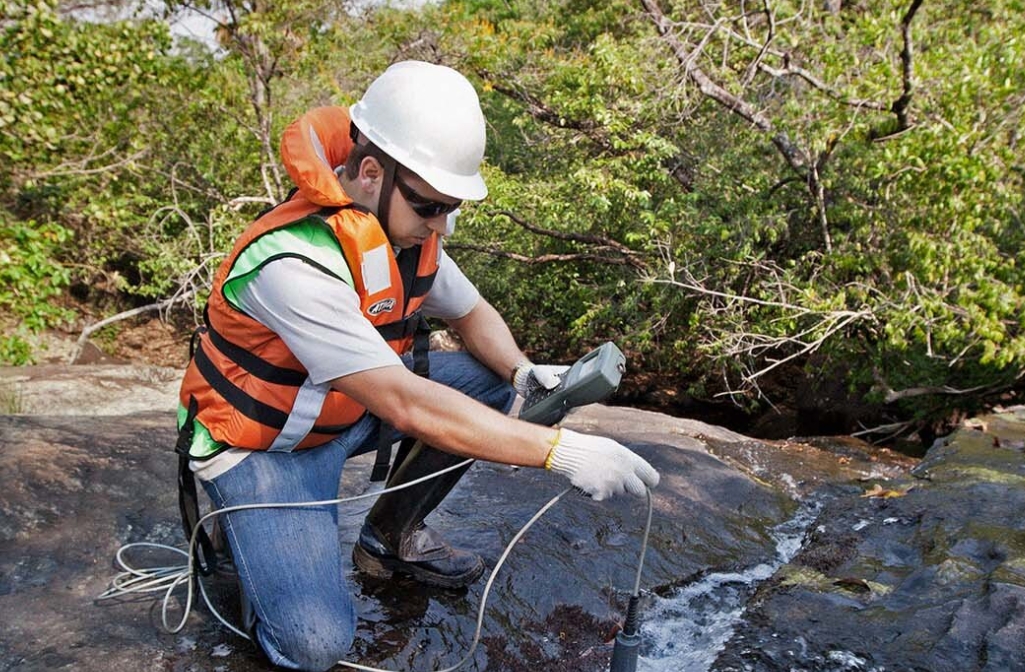
The International Council on Mining and Metals has released its Water Stewardship Maturity Framework tool, designed to help mining and metals companies enhance their stewardship of shared water resources in ways that are socially equitable, environmentally sustainable and economically beneficial.
Featuring a range of leading practices and real-world examples from different operating contexts, the framework addresses risks and priorities applicable at individual asset and corporate levels. It identifies five elements of water stewardship: governance and strategy; understanding water context, risks and opportunities; integration in business planning and decision making; performance and measurement; and transparency and reporting. It also outlines three progressive stages within these elements, including basic, advanced and leading.
“The framework is intended to support users to effectively manage water as a shared resource, acknowledging its critical importance, not only to the business, but also to the broader local catchment and its stakeholders,” ICMM said. “It supports the integration of water’s pivotal role into various corporate agendas, such as climate resilience, cultural heritage protection, nature-positive approaches, social performance and inclusion, and operational excellence.”
The framework also aligns with leading external guidance and reporting initiatives, it said, including the Global Reporting Initiative, Taskforce for Climate-related Financial Disclosure and the Taskforce for Nature-related Financial Disclosure.
CEO and President Rohitesh Dhawan said: “Access to water is a basic human right and a fundamental requirement for healthy, functioning ecosystems. We live in a world of increasing pressure on water resources, compounded by the impact of climate change. We hope that ICMM’s Water Stewardship Maturity Framework will be a valuable tool to advance water stewardship across our industry and to navigate the challenges in delivering critical minerals for a more sustainable future.”
ICMM first published a Water Stewardship Position Statement in January 2017. That platform requires members to implement practices for water governance, effective and efficient water management and stakeholder collaboration at a catchment level for responsible and sustainable water use.
